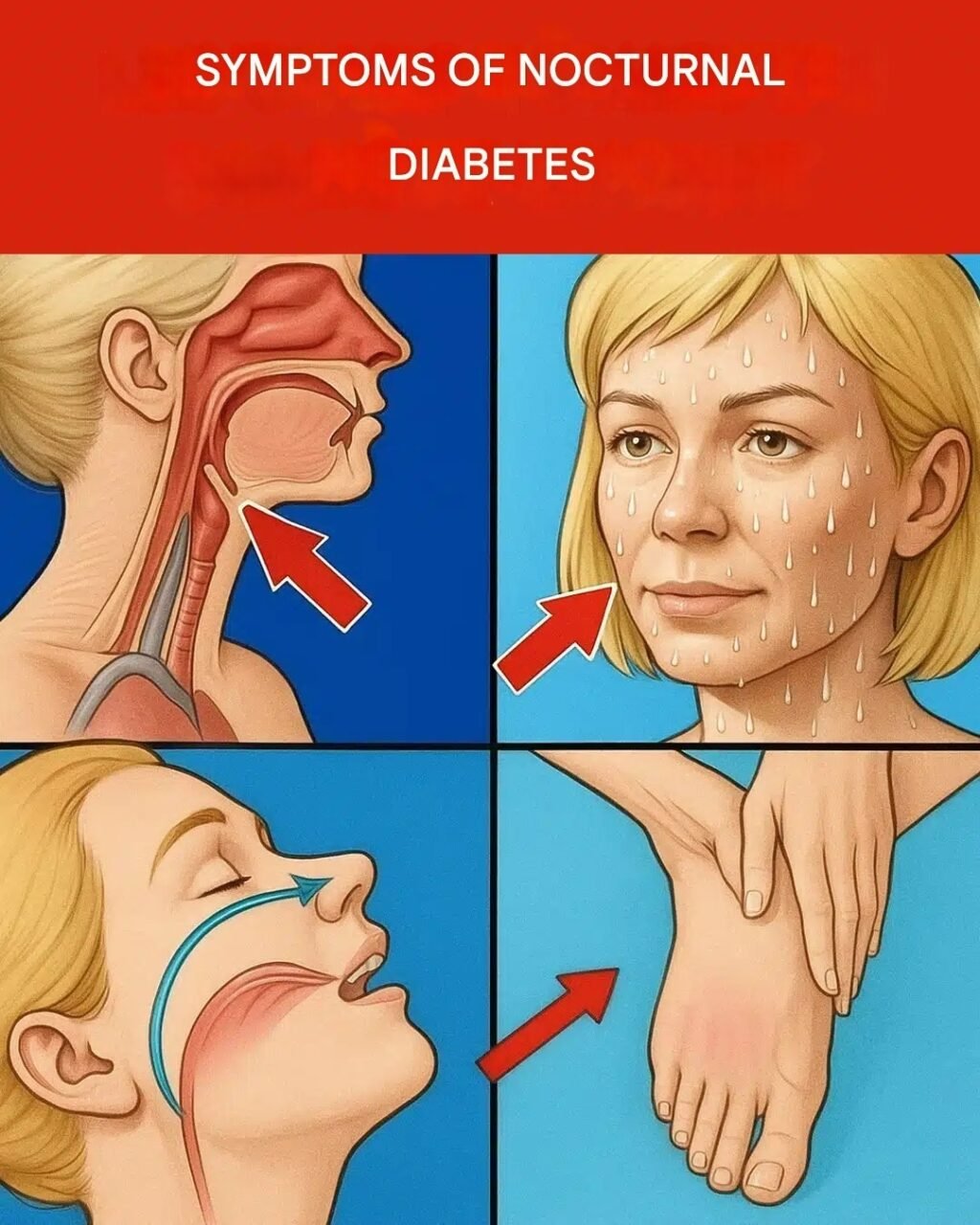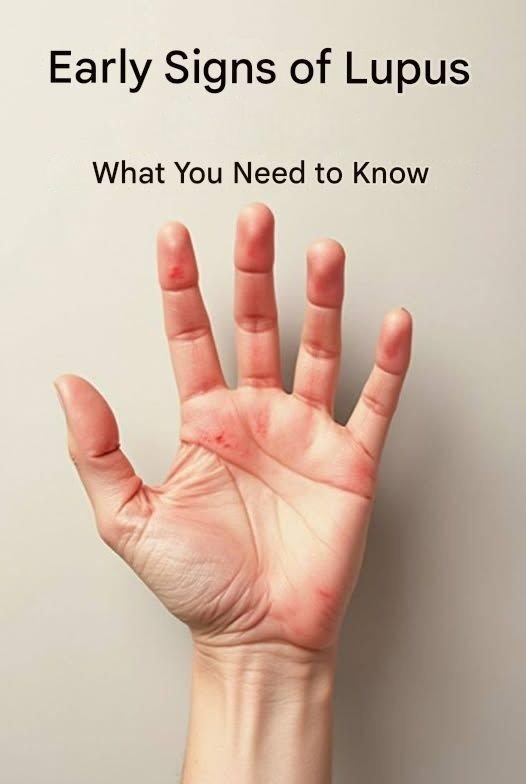
Do you often find yourself waking up in the middle of the night with an unshakable sense of discomfort? Maybe you’re unusually thirsty, or perhaps you’re making multiple trips to the bathroom. While it might seem like just another restless night, these nighttime disturbances could be more than coincidence — they may be early signs of diabetes.
Many people overlook the connection between sleep disruptions and blood sugar levels. But the truth is, diabetes can reveal itself most clearly during the night , when our bodies are at rest and more sensitive to internal imbalances.
If you’ve been experiencing strange symptoms after dark, it’s time to listen closely. Let’s explore five common nighttime diabetes symptoms that shouldn’t be ignored — and what they might mean for your health.
🔍 Why Do Diabetes Symptoms Often Show Up at Night?
Before we dive into the specific symptoms, it helps to understand why diabetes-related issues tend to appear at night.
During sleep, your body naturally regulates hormones, metabolism, and blood sugar levels. However, if insulin function is impaired or glucose levels are fluctuating, this delicate balance gets disrupted — often causing noticeable symptoms only when everything else is quiet.
In short: your body speaks louder at night , and these five signs may be its way of sounding the alarm.
🚨 Top 5 Nighttime Symptoms of Diabetes
1. Frequent Urination (Nocturia)
Waking up multiple times during the night to use the bathroom is one of the most common signs of high blood sugar.
When glucose builds up in your bloodstream, your kidneys try to remove the excess by filtering it into urine. This leads to increased urination — especially at night — disrupting your sleep and leaving you tired in the morning.
💡 Tip: If you’re waking up more than once per night to pee, especially without a clear reason, consider checking your blood sugar levels.
2. Intense Nighttime Thirst
Feeling extremely thirsty — even in the middle of the night — is another red flag.
High blood sugar pulls fluid from your tissues, causing dehydration and triggering intense thirst. Many people with undiagnosed diabetes report waking up parched, needing to drink water before returning to bed.
🧠 Did You Know? Your mouth may also feel dry or sticky, even if you drank plenty of fluids before bed.
3. Night Sweats or Cold Sweats
Sweating during the night — especially cold, clammy sweats — can be a sign of low blood sugar (hypoglycemia), which is common in people with diabetes, particularly those using insulin or other glucose-lowering medications.
Low blood sugar causes the body to release adrenaline, which triggers sweating, shaking, and even heart palpitations while sleeping.
⚠️ Important: These episodes can wake you up suddenly and leave you feeling anxious or confused.
4. Blurred Vision Upon Waking
If your vision seems blurry when you first wake up, but clears up after a few minutes, it could be linked to changing blood sugar levels.
Fluctuations in glucose cause the lens of your eye to swell or change shape, temporarily affecting your ability to focus. This symptom is often overlooked, but it’s worth mentioning to a healthcare provider.
5. Unexplained Fatigue or Tiredness After Sleep
Even if you slept for eight hours, do you still feel exhausted in the morning? Unrefreshing sleep can be tied to unstable blood sugar levels.
When your body can’t properly regulate glucose, your cells aren’t getting the energy they need — leading to persistent fatigue, even after a full night’s rest.
🛌 Note: This symptom is often mistaken for insomnia or stress, but the root cause may lie in your blood sugar.
🩺 When Should You See a Doctor?
If you’re experiencing any combination of these symptoms regularly — especially frequent urination, extreme thirst, and unexplained fatigue — it’s time to talk to your doctor.
Diabetes, especially type 2, often develops gradually and without obvious warning signs. Catching it early can make all the difference in managing your health effectively.
Your doctor may recommend:
A fasting blood sugar test
An HbA1c blood test (average blood sugar over 3 months)
Oral glucose tolerance test
🧬 Who Is at Risk?
While anyone can develop diabetes, certain factors increase your risk:
Family history of diabetes
Overweight or obesity
Sedentary lifestyle
History of gestational diabetes
High blood pressure or cholesterol
Even if you’re not in a high-risk group, paying attention to your body’s nighttime signals is always wise.
🥗 What Can You Do to Improve Your Health?
If you’re concerned about your symptoms or want to take control of your health, here are some proactive steps:
Monitor your blood sugar levels (with a glucometer or continuous glucose monitor)
Keep a food and symptom journal
Eat balanced meals and avoid late-night sugar spikes
Stay hydrated throughout the day
Get regular physical activity
Prioritize quality sleep hygiene
📝 Final Thoughts
Your body doesn’t lie — and sometimes, the clues it gives you at night are the earliest signs of something bigger. Don’t ignore those nighttime symptoms like waking up thirsty, having to pee repeatedly, or feeling fatigued despite good sleep.
Recognizing diabetes symptoms early can help prevent serious complications down the road. Whether you’re concerned about yourself or someone you love, knowledge is power.
If you found this article helpful, share it with others who might benefit. And remember: listening to your body is the first step toward better health.




